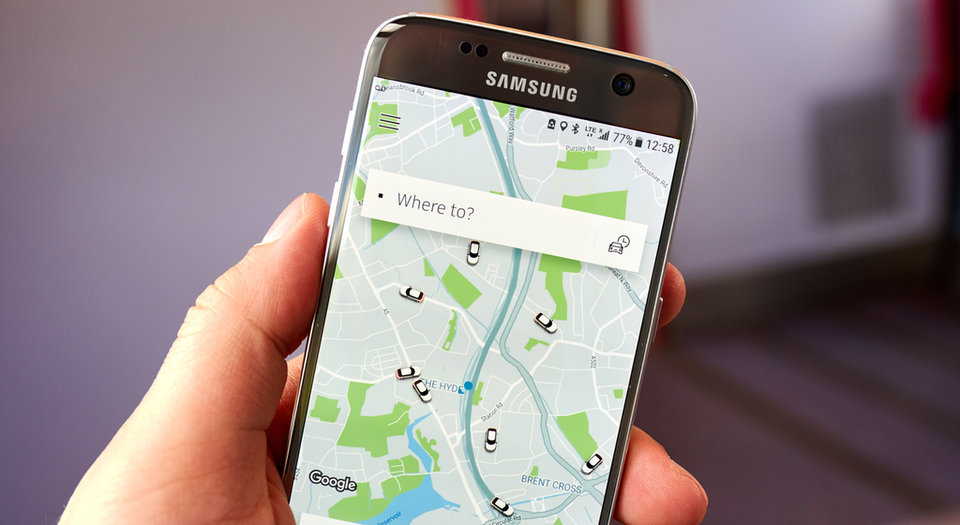
Does passing on charges to Uber’s customers work for an EV fleet dream?
Taxi disruptor Uber has pledged that all of its cars in London will be fully electric by 2025, and it’s making Londoners pay for it
Image copyright: dennizn / Shutterstock.com
Scroll down or swipe up to read more
From 2019, a ‘clean air fee’ of 15p per mile will be included on every trip booked through the Uber app in London – which the tech company says ‘every penny’ will go towards helping drivers to upgrade into an electric vehicle, as well as other clean air initiatives. On an average trip in London, this will mean a clean air fee of around 45p.
Uber drivers will receive funding towards an EV relating to how far they have driven their Uber taxi, relating to roughly £1500 per year for 40 hour a week driver.
Uber wantsto raise over £200m to support drivers transitioning to electric vehicles over the next few years, with the first 20,000 drivers upgrading by the end of 2021.
But will the sums add up? By 2021, will an extra £4500 plus the residual value of your Prius, be enough to buy an EV sedan?
It will be hard, as the UK government just announced it will slash electric vehicle grants and subsidies. But conversely it will probably take this sort of private initiative by Uber to get large scale mobility companies into the electric picture.
However, it’s likely that the dumping of 20,000 Priuses onto the used car market will negatively affect the marques residual values – so motor finance lenders should be mindful when calculating lending for this car on PCP in the future.
Scrappage – a business model land grab?
Uber, as part of its London clean air plan, is planning a scrappage scheme aimed at removing 1,000 pre Euro-4 diesel cars from London.
The first 1,000 people in London to scrap a pre-Euro 4 diesel vehicle and provide an official scrappage certificate will receive up to £1,500 of credit to spend on Uber or uberPOOL rides.
This could be a challenge to the sub-prime motor finance market in and around London, as people move away from financing balloon payments on their PCP deals for sub-prime and take the new mobility option from Uber on top of public transport.
Either way, Uber are using the Mayor of London’s clean air initiative as a good excuse to advance engagement with the Uber business model.
Dara Khosrowshahi, chief executive of Uber, said:
"The Mayor of London has set out a bold vision to tackle air pollution in the capital and we’re determined to do everything we can to back it. Our £200 million Clean Air Plan is a long-term investment in the future of London aimed at going all electric in the capital in 2025. Over time, it’s our goal to help people replace their car with their phone by offering a range of mobility options – whether cars, bikes, scooters or public transport – all in the Uber app."
Infrastructure investment
Uber has also helped the government out with private initiatives to incentivise charging posts.
- It has teamed up with several home charging suppliers (BP ChargeMaster, EO Charging, EVBox, Franklin Energy, NewMotion, Pod Point and Swarco EVolt) which can provide more affordable charging options to drivers using its app so they can charge their car quickly and efficiently at home.
- It has partnered with ChargePoint to provide a number of rapid charging stations in central London to existing drivers of electric vehicles.
- It is also working with other industry players on ways to improve London’s charging infrastructure, including by using anonymised data to provide insights into charging patterns and behaviour.
Dara Khosrowshahi, chief executive of Uber, said:
"The Mayor of London has set out a bold vision to tackle air pollution in the capital and we’re determined to do everything we can to back it. Our £200 million Clean Air Plan is a long-term investment in the future of London aimed at going all electric in the capital in 2025. Over time, it’s our goal to help people replace their car with their phone by offering a range of mobility options – whether cars, bikes, scooters or public transport – all in the Uber app."
